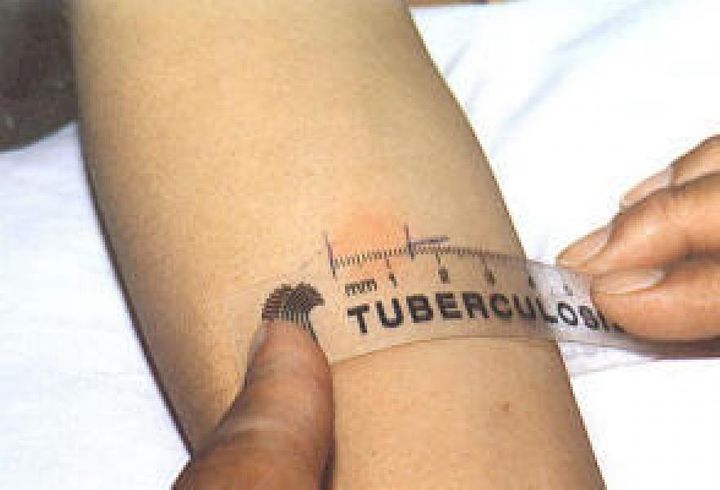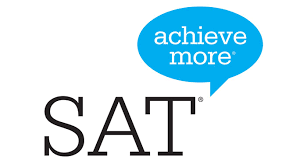Address: Plot No 219 C, Road No 4A, Raghvender Colony, Kondapur, Hyderabad, Rangareddy, Telangana, 500084.
Work While Studying In Canada

- 13 Sep 2020
Do you want to work while you study in Canada? Do you have a spouse or common-law partner who would like to work during your time here? Both of you can work while you study in Canada. Working in Canada can help you develop business contacts and gain practical experience for the future. It can even help you immigrate to Canada after you graduate.
There are many ways to work in Canada while you complete your education:
- On-campus work
- Off-campus work
- Co-op placements
- Internships
Wages or salaries for work in Canada will depend on the skills required for your position and the employer. Minimum wage varies by province. Find out about minimum wage across Canada.
On-campus work
Who can you work for on campus?
“On campus” refers to all the buildings on your university or college campus.
- If your school has more than one campus, you may only be allowed to work at the campus where you attend classes. Check with the school’s administration.
- If you are working as a teaching or research assistant and your work relates to a research grant, you may be able to work at a library, hospital or research centre that is part of the college or university—even if they are not on the campus.
Learn more about working on campus.
Off-campus work
“Off campus” means the parts of your town or city that are not part of the university or college campus. When you are working off campus, you may be working:
- As a co-op student
- As an intern
- Part-time with a private business or government department
- Full-time with a private business or government department
Use this self-assessment tool to determine whether you can work off campus.
Generally, international students can work up to 20 hours per week:
- During regular school sessions or while you are studying as part of an intensive program with no planned breaks.
- If your studies are part-time because you are finishing the last session of your program.
- If you are a graduate student who has finished the required courses for your degree.
You can work full-time:
- During official school breaks, such as the winter and summer holidays or spring break
- After you finish your studies if you have applied for a non-student work permit
Find out more about working off campus.
Co-op placements
A co-op placement or program involves working as part of your program of study. You may work on or off campus.
For example, you may be enrolled in a co-op degree program in environmental studies. This differs from the standard degree in environmental studies because it allows you to spend 3 or 4 months (or more) each year working in your field of study. It’s a great way to get hands-on professional experience in a Canadian work setting.
When you are part of a co-op program at a college or university, you can apply for a co-op work permit if:
- You have a valid study permit.
- Working is integrated into your study program in Canada.
- You have a letter from your school that confirms all students in your program need to complete work placements to get their degree.
- Your co-op or internship is 50% or less of the total program of study.
You are not eligible for a co-op work permit if you are studying:
- English or French as a second language (ESL/FSL)
- General interest courses
- Courses to prepare you for another study program
In the cases listed directly above, you need to get a valid work permit to work in Canada.
Internships
An internship provides you with on-the-job training. When you are an intern, someone in the workplace supervises you. By working as an intern, you gain knowledge and skills to help you succeed in a trade or profession.
The Canadian work permit you need for an internship is the same as the work permit for co-op students.














